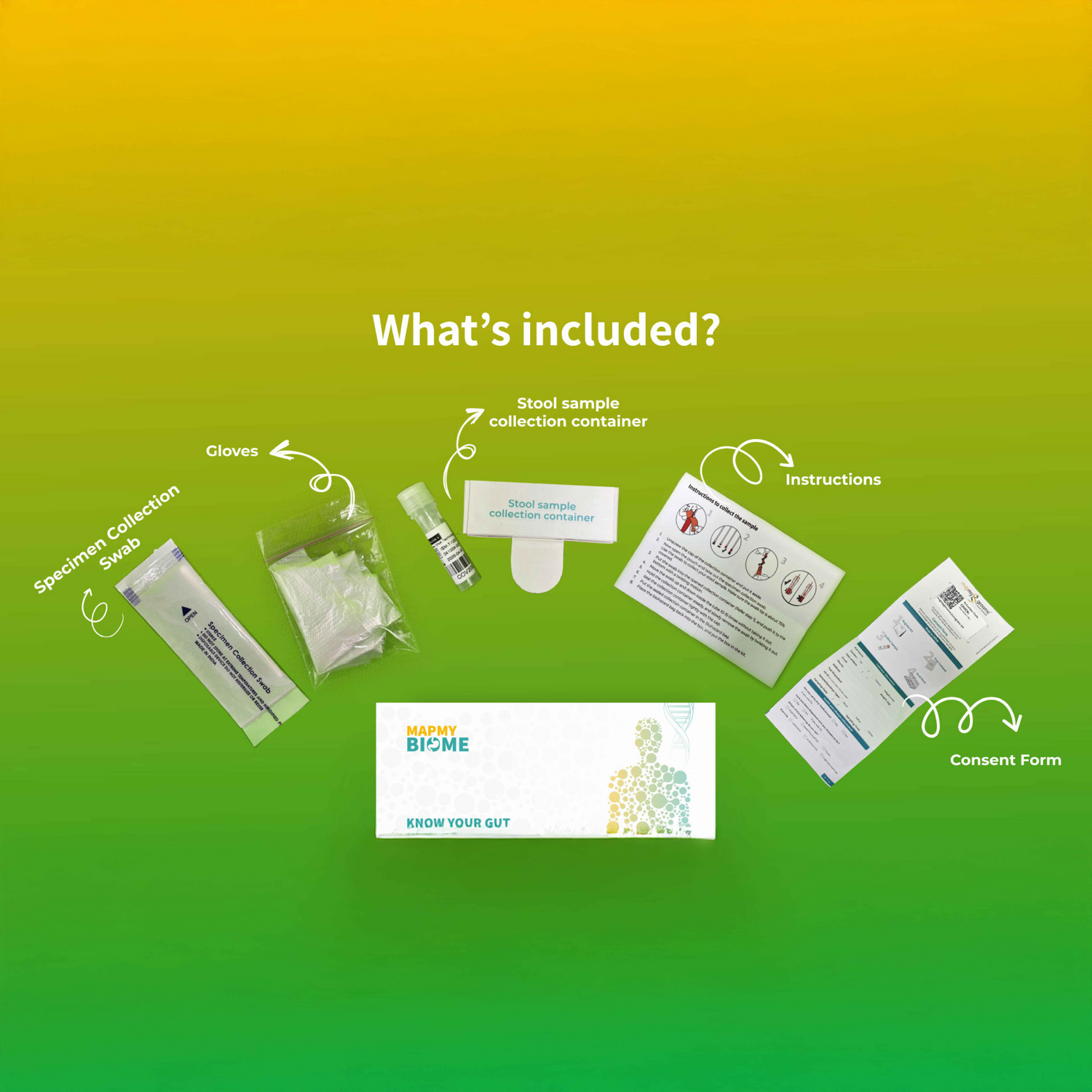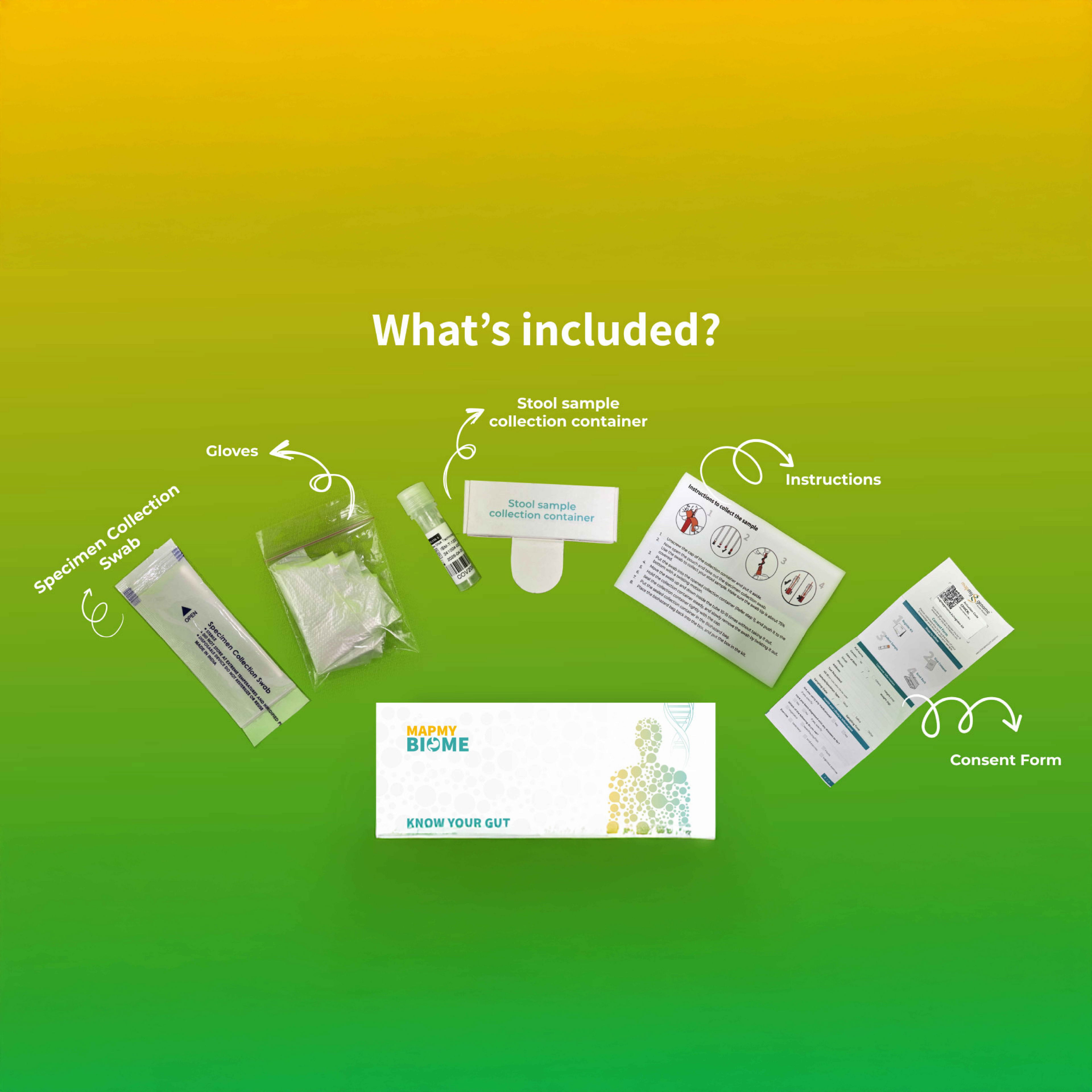Your gut is a powerhouse of activity, with trillions of microbes silently influencing how you feel, think, and function. When the balance in your microbiome is disrupted, your body often gives off subtle—sometimes loud—signals.
Here’s a deeper look into what those signs could mean:
1. Persistent Digestive Issues (Bloating, Gas, Constipation, or Diarrhea)
These are the most obvious signs of gut imbalance. Occasional discomfort is normal, but if you’re regularly bloated after meals, experiencing unpredictable bowel movements, or feeling digestive distress, it could mean your gut bacteria are out of sync.
💡 Why it happens: Low microbial diversity or overgrowth of harmful bacteria can impair digestion, leading to gas build-up, irregular motility, and inflammation in the gut lining.
2. Food Intolerances That Seem to Appear Out of Nowhere
Have you started reacting to foods you’ve eaten for years—like dairy, gluten, or high-fiber items? This could be your gut telling you it no longer has the microbial machinery to digest certain components.
💡 Why it happens: A disrupted gut can lose the enzymes or bacteria needed to break down certain foods, leading to inflammation, discomfort, or immune reactions.
3. Chronic Fatigue and Low Energy
Struggling with mental clarity, unexplained irritability, or a general feeling of being “off”? Your gut could be affecting your brain.
💡 Why it happens: The gut-brain axis is a powerful connection. Your gut produces over 90% of your body’s serotonin and plays a major role in dopamine regulation. An imbalanced microbiome can interfere with these neurotransmitters, affecting mood, cognition, and stress resilience.
4. Mood Swings, Anxiety, or Brain Fog
Struggling with mental clarity, unexplained irritability, or a general feeling of being “off”? Your gut could be affecting your brain.
💡 Why it happens: The gut-brain axis is a powerful connection. Your gut produces over 90% of your body’s serotonin and plays a major role in dopamine regulation. An imbalanced microbiome can interfere with these neurotransmitters, affecting mood, cognition, and stress resilience.
5. Frequent Illness or Slow Recovery
If you're catching colds often or healing slowly from minor illnesses or injuries, don’t just blame your immune system—check your gut.
💡 Why it happens: About 70% of your immune system is housed in your gut. A diverse and stable microbiome acts as a frontline defense against pathogens. Imbalances can weaken that shield, leading to more frequent or prolonged infections.
6. Unexplained Weight Gain or Loss
Noticing shifts on the scale despite no major lifestyle changes? Your gut might be influencing your metabolism more than you think.
💡 Why it happens: Certain gut bacteria are more efficient at extracting calories from food and storing them as fat. Others regulate hunger and satiety hormones like ghrelin and leptin. An imbalance can lead to cravings, overeating, or nutrient deficiencies—all of which affect weight.
7. Skin Conditions Like Acne, Eczema, or Psoriasis
Skin flare-ups aren’t always just about what’s on your skin—they’re often rooted in what’s going on inside.
💡 Why it happens: The gut-skin axis means that inflammation or dysbiosis (microbial imbalance) in the gut can trigger immune responses that manifest as acne, rashes, or other skin conditions.
Take Charge of Your Gut Health Today
Understanding your gut microbiome is the first step toward a healthier you. With MapmyBiome, you gain valuable insights and personalized recommendations to optimize your digestive health. The test has recently been enhanced with clearer visualizations and simplified insights, making it easier for both healthcare professionals and patients to interpret and take actionable steps toward better gut health.
For more information or to book your test, visit MapmyBiome.















